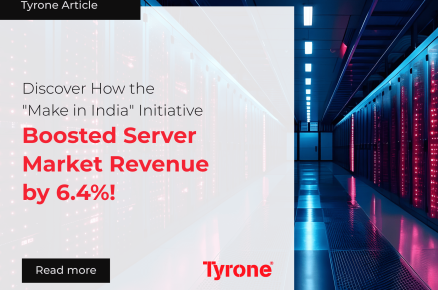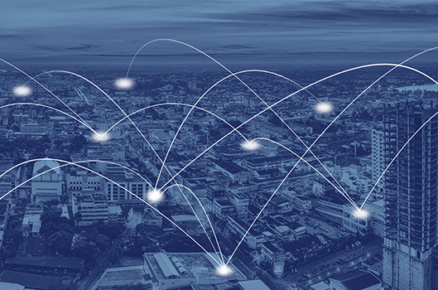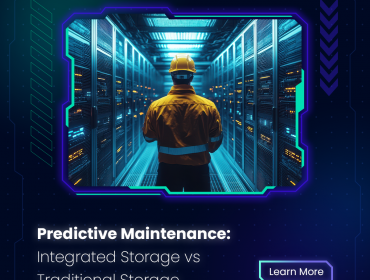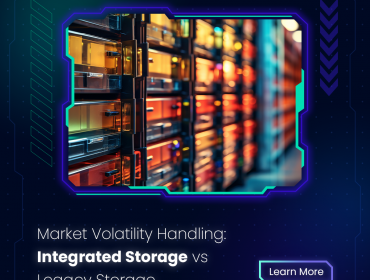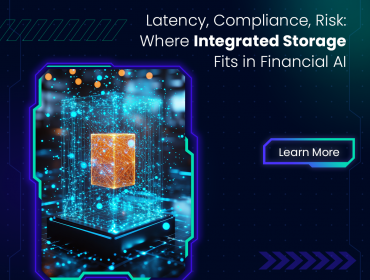Remote work security is a branch of cybersecurity that protects company data when employees work remotely. Remote work or telework allows employees to access critical corporate data from outside the office perimeter, which increases their exposure to potential security threats or breaches.
Colocation facilities are data centers that rent equipment, space, and bandwidth to organizations that need a service provider at a reasonable cost. Colocation facilities provide power, cooling, physical security, and network connectivity for the server, storage, and networking equipment of their customers. Customers retain control over the design and usage of their equipment, but the daily management of the data center and facility are overseen by the colocation provider.
In this article, we will explore how remote work security is handled in a colocation facility and what are the benefits and challenges of using such a service.

Benefits of Colocation for Remote Work Security
Colocation facilities offer several benefits for remote work security, such as:
– Scalability: Colocation facilities allow customers to scale up or down their IT infrastructure according to their business needs and budget. Customers can rent more or less space, power, and bandwidth as required, without having to invest in building or maintaining their own data center.
– Reliability: Colocation facilities provide redundant power, cooling, and network systems to ensure high availability and performance of the customer’s equipment. Colocation facilities also have backup generators, uninterruptible power supplies (UPS), and fire suppression systems to protect the equipment from power outages, surges, and disasters.
– Security: Colocation facilities provide physical security for the customer’s equipment, such as locking cabinets or cages, video surveillance, access control, and security guards. Colocation facilities also provide network security, such as firewalls, encryption, and intrusion detection and prevention systems, to protect the customer’s data from cyberattacks.
– Compliance: Colocation facilities help customers comply with various industry standards and regulations, such as PCI DSS, HIPAA, GDPR, and ISO 27001, by providing certified and audited data center environments. Colocation facilities also help customers meet their data sovereignty and residency requirements by offering locations in different countries or regions.
Challenges of Colocation for Remote Work Security
Colocation facilities also pose some challenges for remote work security, such as:
– Cost: Colocation facilities charge customers for the space, power, bandwidth, and services they use, which can be expensive depending on the customer’s needs and the colocation provider’s pricing model. Customers also have to bear the cost of transporting, installing, and maintaining their own equipment in the colocation facility.
– Control: Colocation facilities limit the customer’s control over their equipment and data, as they have to share the data center infrastructure and resources with other customers and abide by the colocation provider’s policies and procedures. Customers also have to rely on the colocation provider’s staff and support for any issues or requests related to their equipment and data.
– Compatibility: Colocation facilities may not be compatible with the customer’s existing IT infrastructure and applications, especially if they use cloud-based or hybrid solutions. Customers may face challenges in integrating, managing, and securing their equipment and data across different platforms and environments. Customers may also have to deal with compatibility issues with the colocation provider’s hardware and software.
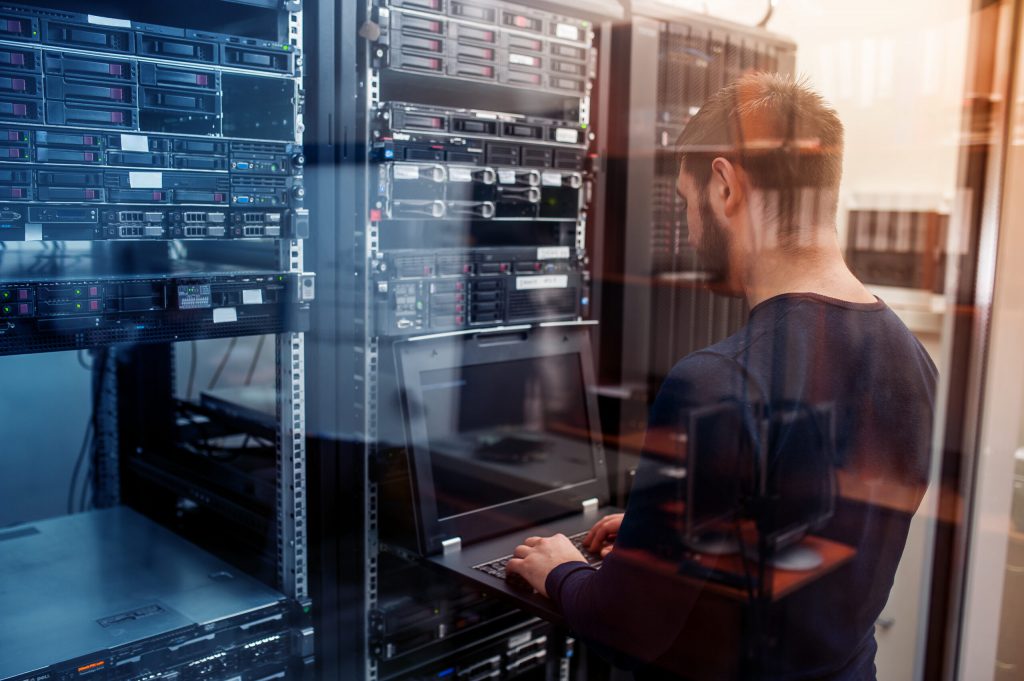
Conclusion
Colocation facilities are a viable option for remote work security, as they provide customers with a secure, reliable, and scalable data center environment for their equipment and data. However, colocation facilities also have some drawbacks, such as cost, control, and compatibility, that customers need to consider before choosing a colocation provider. Customers should evaluate their remote work security needs and compare different colocation providers to find the best fit for their business.


